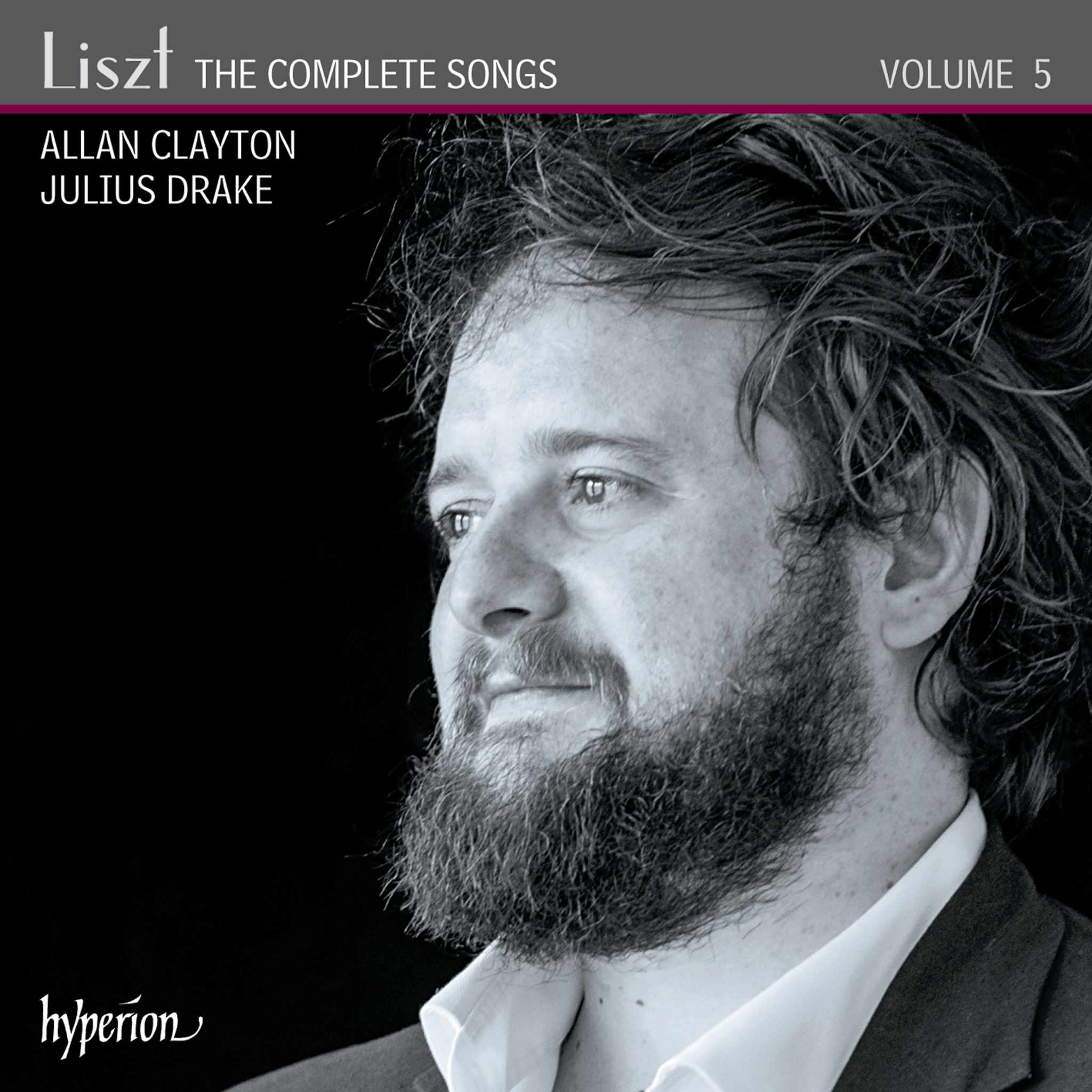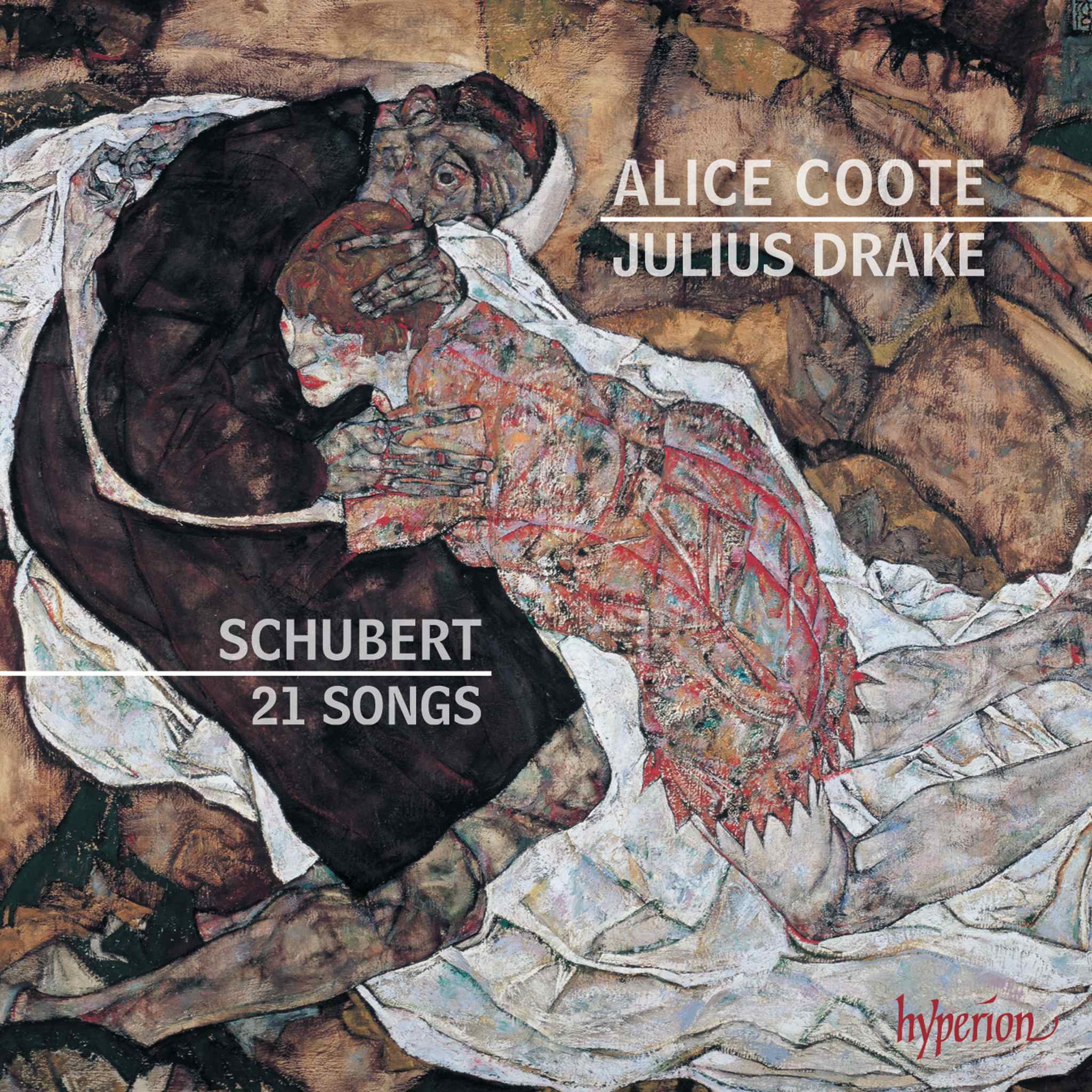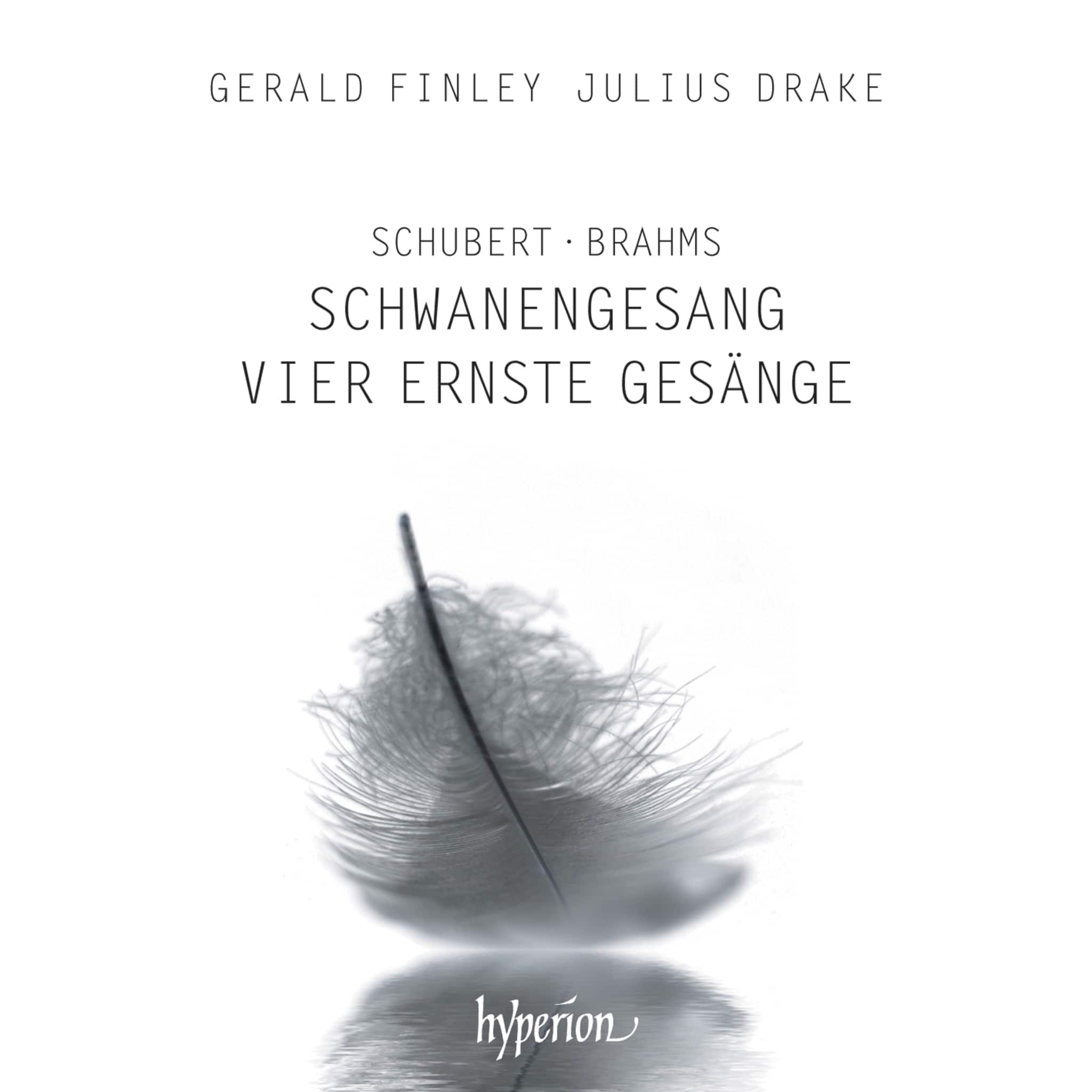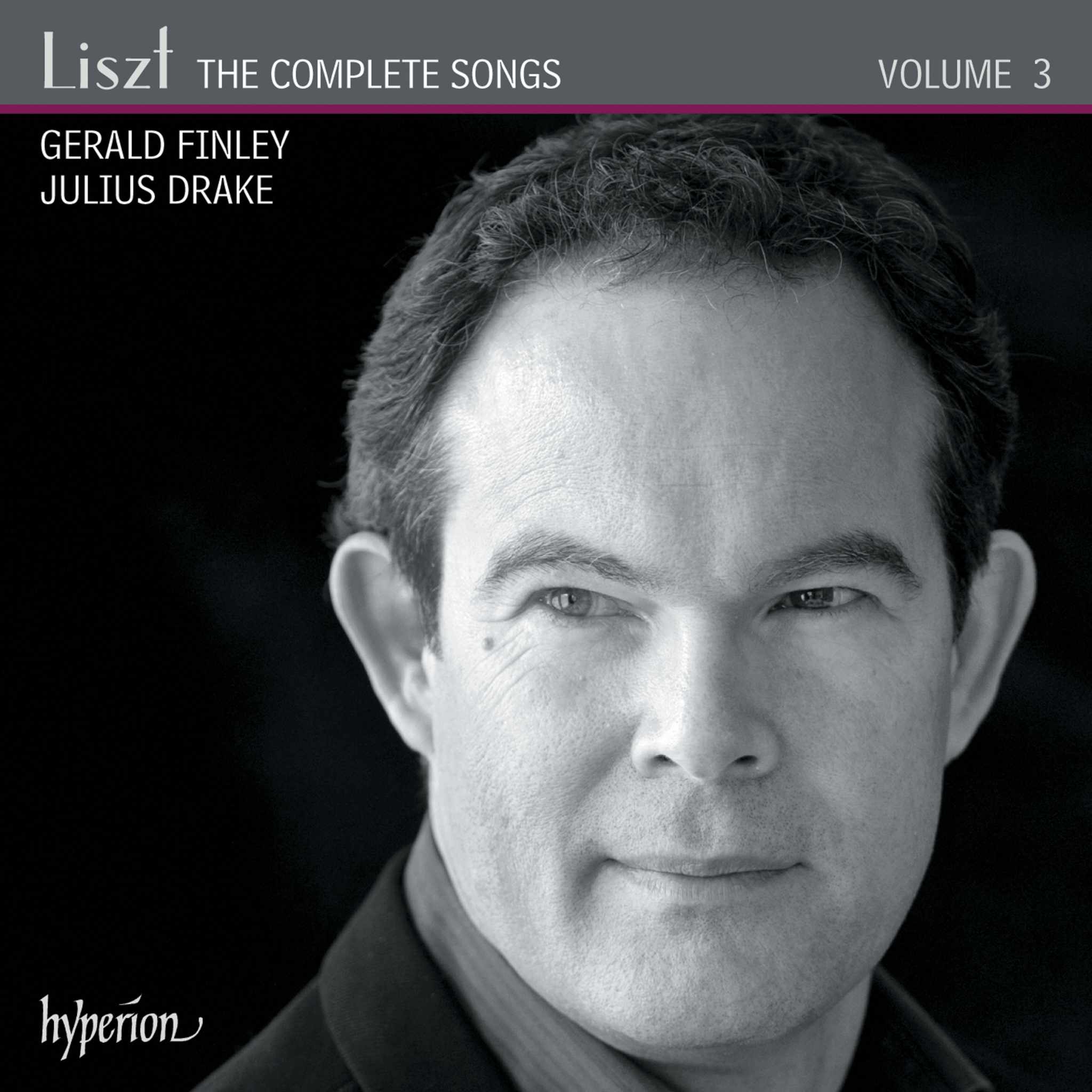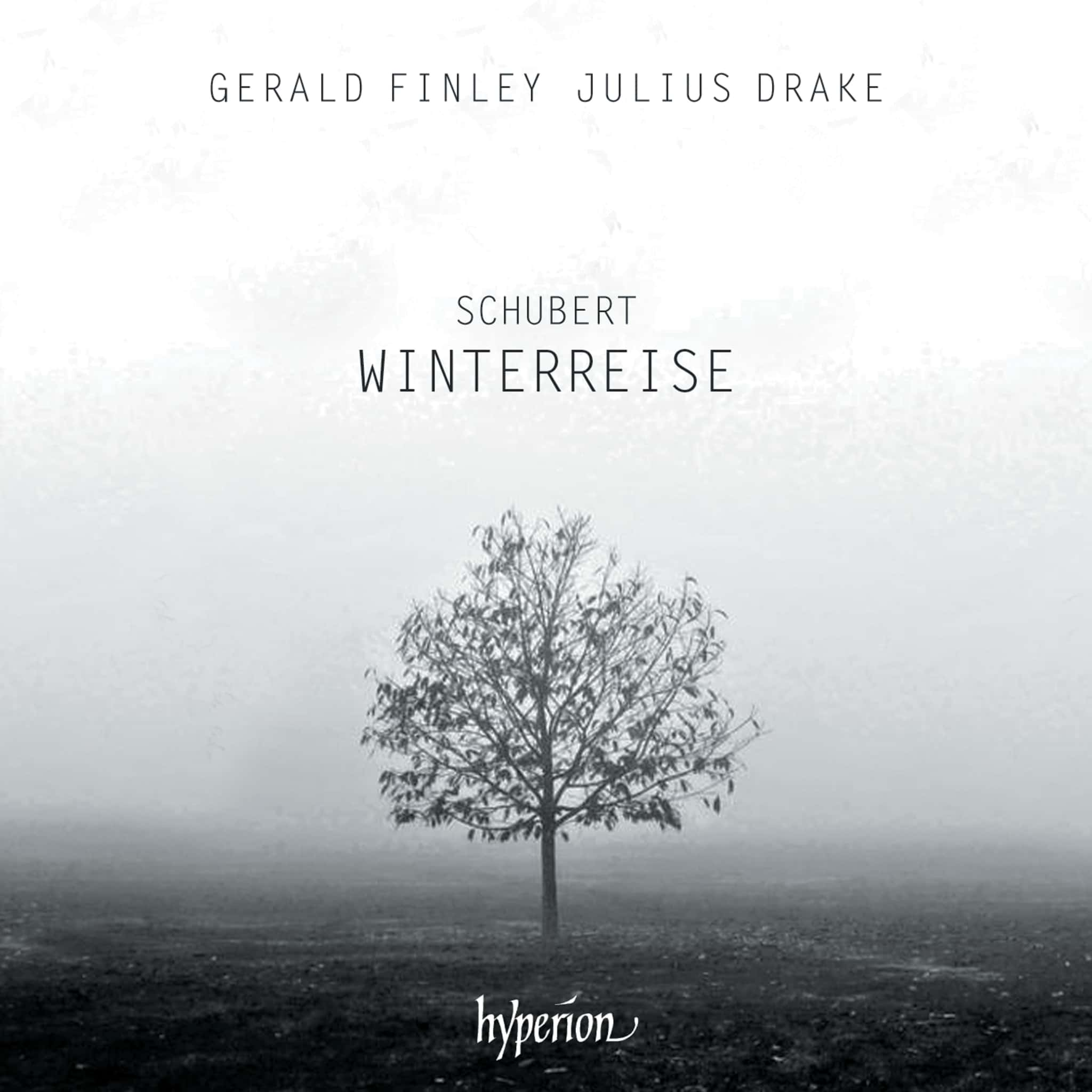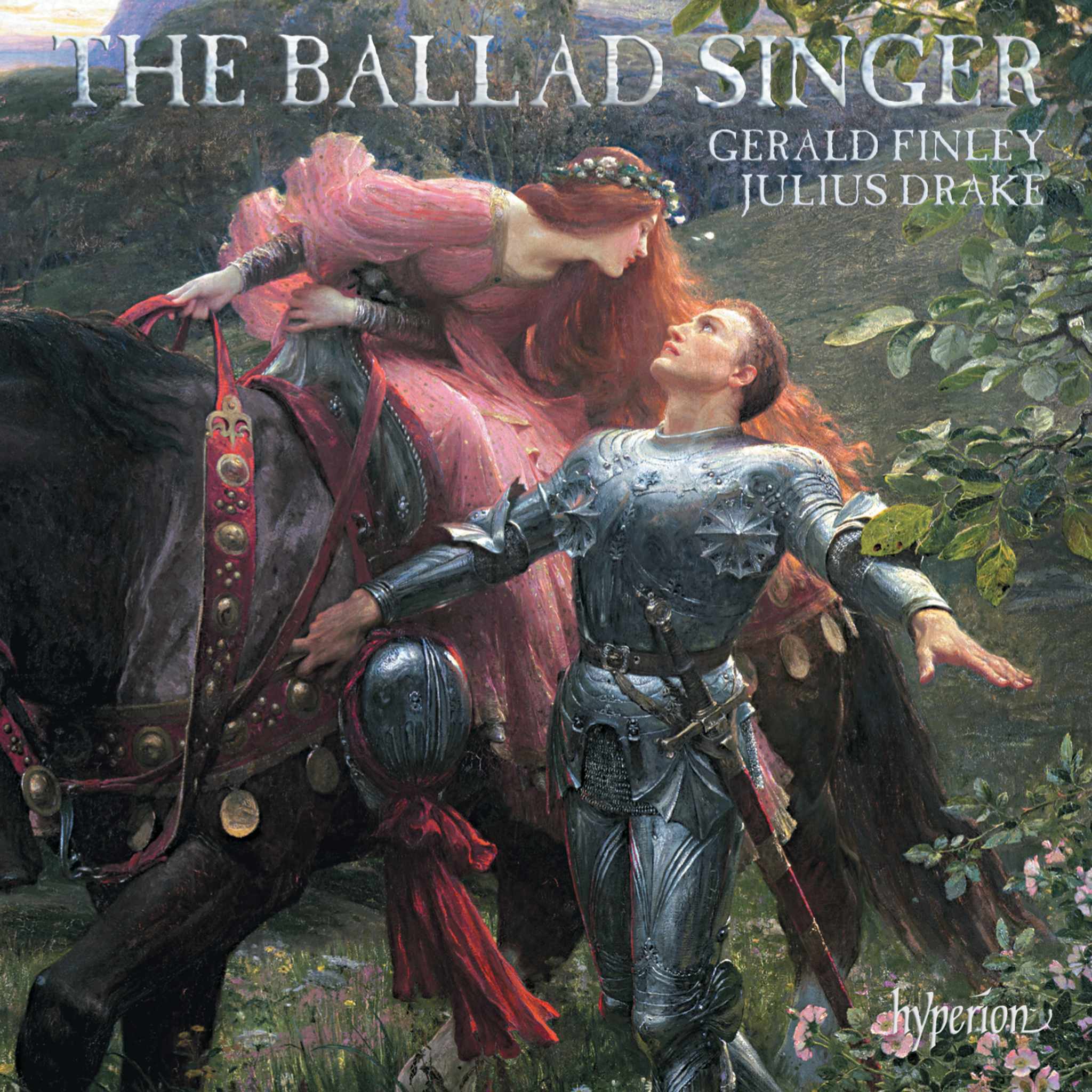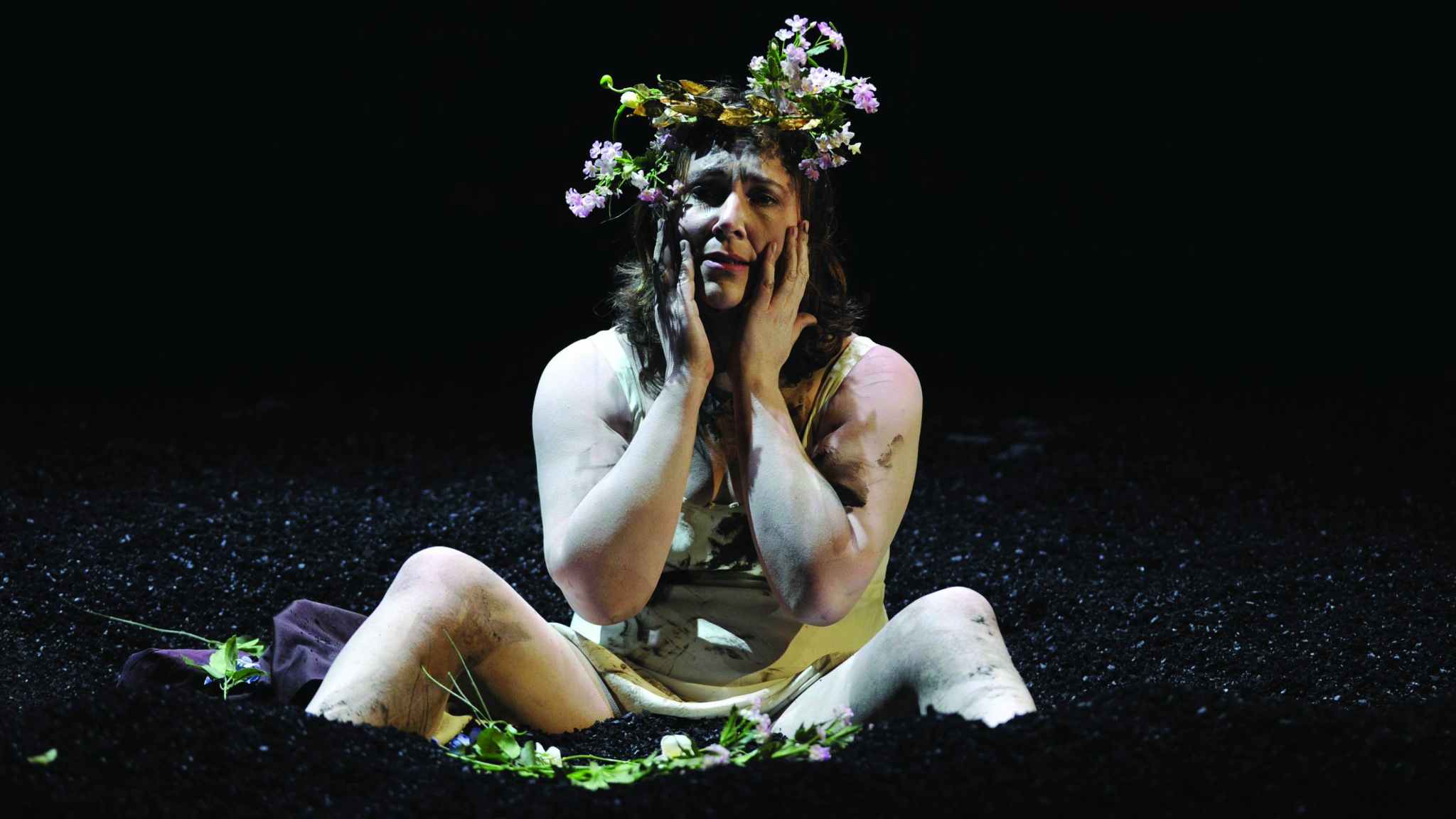For over four decades, Franz Liszt repeatedly turned to composing songs, constantly revising his works to explore new musical avenues of expression. Although Liszt was a cosmopolitan who drew inspiration from texts of diverse origins, this recording focuses on his connections to the literary circles of Paris and Weimar. The selection of poems set to music, ranging from well-known names like Goethe and Heine to his own and his friends' poets, testifies to Liszt's deep affinity for poetry. Particularly in his later Weimar songs, grief and a new, bittersweet style are reflected. Liszt's fascination with song and its constant reinvention drove him to intensive revisions and new compositions, with the singers from Weimar helping him to further the message of his works.
The selection of poems set to music, ranging from well-known names like Goethe and Heine to his own and his friends' poets, testifies to Liszt's profound relationship with poetry. A significant example is Liszt's setting of Goethe's "Freudvoll und leidvoll" from "Egmont," in which Clärchen, the protagonist's lover, expresses her conflicting emotions. Liszt created two musical versions of this poem, each highlighting different emotional aspects: the first was composed after a difficult period in his life, while the second, full of drama and passion, was written in 1848. Equally outstanding is Liszt's setting of "Loreley," inspired by Heine's poem. The music captures the mysterious and tragic aura of the legendary figure and takes the listener on an emotional journey that culminates in a dramatic resolution.[2][5]
Georg Herwegh's poem "Ich möchte hingehn" (I would like to go away) inspired Liszt to create a deeply moving setting that powerfully explores themes of life and death. The singer reflects on his desire for a peaceful death, which is ultimately denied him by his broken heart. Liszt also set Friedrich Rückert's "Ich liebe dich" to music in a simple yet expressive manner. These songs reflect Liszt's innovative harmonic language and his artistic depth. Particularly impressive is "Liebestraum Nr. 3," based on Ludwig Uhland's poem "Hohe Liebe," in which the idea of love transcending death is musically and lyrically realized.
Franz Liszt was not only a compelling composer but also a sensitive interpreter of significant poetry. His works are characterized by a strong connection to the art of poetry, whose emotional power he made audible in his music in a truly unique way.

